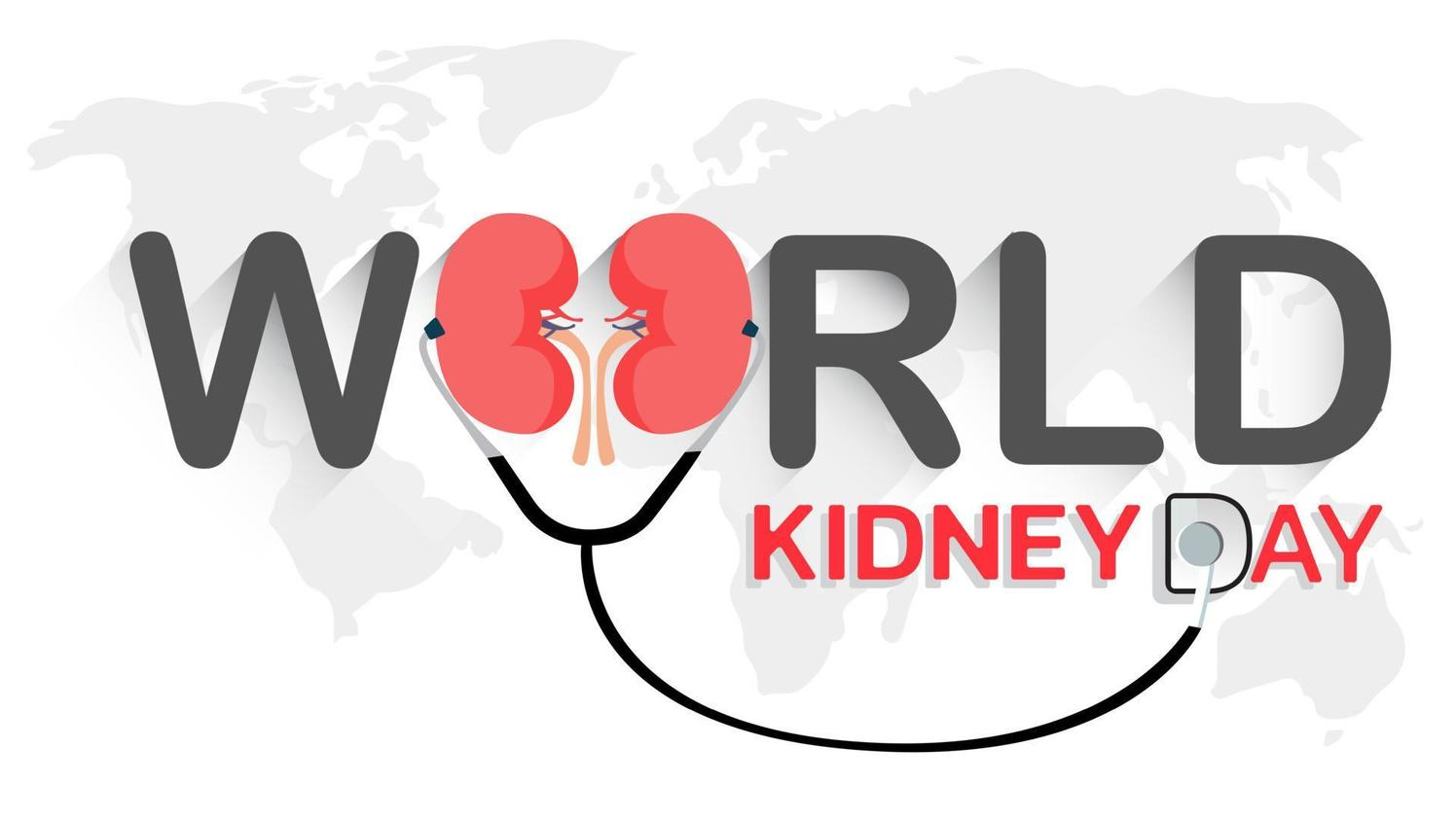

We often think of certain health problems as "old people's diseases," but chronic kidney disease (CKD) is increasingly affecting younger adults. This isn't just some distant threat; it's a real and growing concern. This blog post is your wake-up call – a guide to understanding CKD, its risks, and, most importantly, the easy steps you can take to protect your kidneys, starting today.
Your kidneys are like the unsung heroes of your body. They're constantly working, filtering waste and excess fluid from your blood, keeping your blood pressure in check, and even helping produce red blood cells. The scary part? CKD often progresses silently. You might not feel anything's wrong until significant, irreversible damage has occurred.
According to the National Institute of Diabetes and Digestive and Kidney Diseases (NIDDK), CKD happens when your kidneys are damaged and lose their ability to filter blood effectively. This leads to a dangerous buildup of waste and fluids, potentially causing serious health complications.
It's a myth that kidney disease only strikes the elderly. Dr. Hemal Shah, a Consultant Nephrologist at several leading Mumbai hospitals, points out that sedentary lifestyles, unhealthy diets, high stress, and a general lack of movement are contributing to a rise in CKD among young adults. These lifestyle choices often lead to conditions like obesity, diabetes, and high blood pressure – all major red flags for kidney health.
But it's not just about lifestyle. Other factors include:
Dr. Shashidhar Shree Niwas, Clinical Director and HOD Nephrology at Marengo Asia Hospitals, Gurugram, adds that the overuse of over-the-counter medications, smoking, and even unnecessary contrast agents used in some diagnostic tests can further compromise kidney health.
Living with CKD isn't just about managing physical symptoms. It can significantly impact a young person's education, career, and social life. Dr. Shah highlights the emotional and financial burden of frequent medical appointments, dietary restrictions, and the potential need for long-term dialysis. He stresses the importance of emotional support through counseling or peer groups to help young patients cope with the psychological impact of CKD, which often includes anxiety, depression, and social isolation.
One of the most powerful ways to protect your kidneys is through your diet. And it doesn't have to be complicated! Here are some kidney-friendly foods, as recommended by Dr. Asheesh Malhotra, a senior consultant in nephrology:
Protecting your kidneys is about making smart, sustainable lifestyle choices. Here's a summary of key preventative measures:
Your kidneys are vital organs, and taking care of them doesn't require a complete life overhaul. Small, consistent changes – drinking more water, choosing healthier foods, moving your body, and getting regular check-ups – can make a world of difference. Don't wait until it's too late. Start prioritizing your kidney health today. Your future self will thank you!